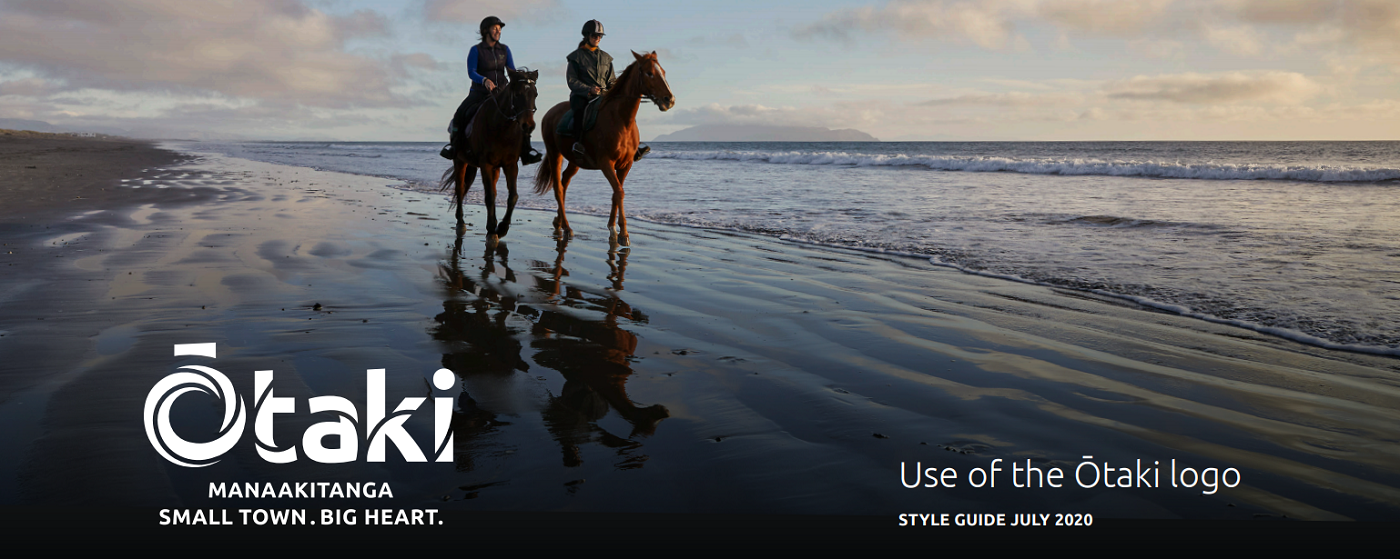
FRONTLINE: Te Horo fire chief Bryan Sutton, centre, with Kiwi firefighters Elliott at left (surname withheld) and Ben Cousins in Queensland.
Photo supplied
Two of Te Horo’s volunteer firefighters recently spent two weeks away from home – and one missed a family Christmas – as they helped battle raging bushfires in Australia.
Te Horo’s chief fire officer, Bryan Sutton, and his deputy, Steve Borrell, were called up after New Zealand offered assistance. With 30 and 20 years of experience respectively, they are experienced rural firefighters.
Bryan flew to Australia on November 10. Steve went on December 15, missing a home Christmas. He was sent to Casino and then to Lismore, both in northern New South Wales; Bryan went north into Queensland.
It was a sobering experience for both of them, having to contend with intense heat and fire management in tinder-dry conditions. They saw plenty of burnt-out vehicles, homes razed by flames and the devastation of wildlife habitats.
While experienced firefighters, not only in and around Te Horo but also with assignments in Nelson and the Chatham Islands, Steve and Bryan say the conditions in Australia are something else again.
“It’s horrendous over there. It’s not a place for learners,” Steve says. “We worked hard, doing 16-hour shifts mostly at night. Even then the temperature was around 27-30 degrees and hovering around the 40s during the day. Plus you’re in your full kit battling a fire. The heat is just incredible.
“It’s a very dangerous place to be. And the whole place is drowned in smoke. You just can’t get away from it. The fires are so bad we wondered whether we were even making a difference.

KIWI CREW: Steve Borrell at far right with other Kiwi firefighters in New South Wales. They are, from left, Bryce Holcroft (Wellington), Dave Willis (Upper Hutt), Glen Hudson (Trentham) and Blair Webster (Palmerston North).
Photo supplied
“We just steered the fires in circles hoping they would burn themselves out.”
He says it’s a different style of firefighting than in New Zealand, where fires are generally fought with water and there’s usually time to make a plan. Fighting Australian fires means back-burning to starve the flames and dealing with swiftly changing conditions.
“Things happen so fast you’ve got to think on your feet. Everything can change in an instant. It’s so unpredictable. You can’t let your guard down for a second.”
It was a similar experience for Bryan, who was near Bundaberg at Woodgate and Boonah, in Queensland.
“The heat is tremendous,” he says. “When you have your full kit on and the temperature’s up in the high 30s, you get pretty hot. In my team we were each going through four packs of 24 water bottles every shift.
“But I have to give it to the Aussies, they looked after us really well.”
Would they go back if they’re called up again? They’ve talked about it and both have their names down for any assignment that crops up.
“We’ll help out as much as we can,” Bryan says.
Steve says he feels so much for the people of Australia caught up in the fires.
“I have huge respect for Australians. They’re upbeat and trying to keep things going, but they’re really up against it. They need rain – massive amounts of rain.”
Fire and Emergency NZ has sent 157 firefighters to New South Wales and Queensland so far this Australian wildfire season. It responds only when it receives a formal request for deployment from Australia.
In a statement to Ōtaki Today, FENZ said fighting fires of this magnitude demanded huge resources and FENZ was happy to continue to support Australian colleagues as needed.
“Helping a close neighbour is always a priority of ours, but we balance it with our needs locally. We are currently in summer and over the last few years we’ve experienced a number of fires of national significance.
“While supporting Australia, we also retain enough resources locally to ensure we have the capacity to fight bushfires in New Zealand.”
Fire and Emergency NZ has been deploying personnel to assist with the Australian bushfires since late October. So far it has deployed a total of 179 – including firefighters and incident management team personnel – in both New South Wales and Queensland.
The last deployment to Australia returned to New Zealand in mid-late December.
“Our personnel now in New South Wales will be assisting with front-line firefighting. They will be over in Australia for 11 days, returning on January 20,” the statement said.
LATEST POSTS
- Accommodation
- Achievements Celebrations
- Active Recreation
- Animals
- Arts Culture
- Attractions
- Business
- Cafes Restaurants Bars
- Children
- Come To Live Here
- Come To Visit
- Commemorations and Reunions
- Community
- Community Action
- Community Development
- Community Economic Development
- Community Resilience
- Community Services
- Complaints Protest
- Crime
- Development Business
- Development Economic
- Development Urban Planning
- Eco Environment
- Education
- Education Skills
- Emergency Preparedness
- Event Promotion
- Family
- Family History
- Food Drink
- Fundraising
- Health
- History Legacy
- Housing
- Infrastructure
- Kindness Respect
- Language
- Local People
- Local Political
- Maori
- Obituaries
- Philanthropy
- Political
- Projects Causes
- Recognition Awards
- Rural Communities
- Safe Behaviour
- Safe Communities
- Service Clubs
- Shopping Retail
- Spirituality Religion
- Stories About People
- Technology Science
- Town Environments
- Transport
- Volunteering
- Young People
- Youth Employment

